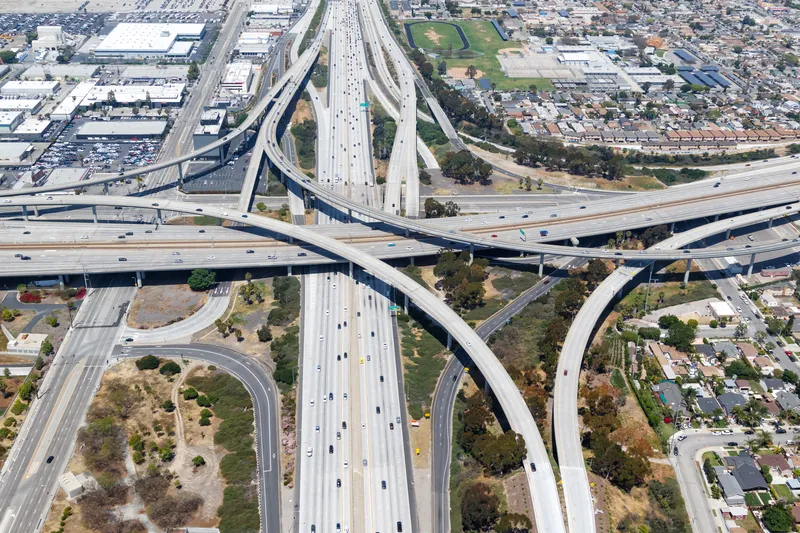Japan-based Hitachi, Hitachi Automotive Systems and Clarion have developed the basic technology for preventing collisions while maintaining safe and practical speeds by predicting changes in pedestrian movements and rapidly calculating optimum speed patterns in real time.
The companies claim to have verified the validity of the technology using experimental vehicles and determined that it can be implemented at safe and practical driving speeds. Going forward, the Hitachi Group will accelerate to further
October 16, 2015
Read time: 2 mins
Japan-based 2213 Hitachi, Hitachi Automotive Systems and Clarion have developed the basic technology for preventing collisions while maintaining safe and practical speeds by predicting changes in pedestrian movements and rapidly calculating optimum speed patterns in real time.
The companies claim to have verified the validity of the technology using experimental vehicles and determined that it can be implemented at safe and practical driving speeds. Going forward, the Hitachi Group will accelerate to further develop the technology through repeated trials and contribute to the commercialisation of autonomous driving technology.
The Hitachi Group has been conducting leading research on technologies that contribute to commercialisation of autonomous driving on local roads, in addition to autonomous driving in parking areas and expressways.
It has developed the basic technology to address the problems faced by autonomous vehicles, such as recognising obstacles and moving objects such as passing vehicles and pedestrians, humans and predicting changes in their movements, etc. and verified its validity using experimental vehicles.
Key features of the technology include speed control based on prediction of change in movement and high-speed calculation of optimum speed
Tests using experimental vehicles were conducted to verify the validity of the new technology. Results showed that it was possible to achieve practical speeds for passing through pedestrians and driving within the standard comfortable speeds for acceleration (2.2 m/s2 or less) and for change of acceleration (2.0 m/s3 or less).
Going forward, the Hitachi Group will conduct further tests using experimental vehicles in different driving environments, including at Mcity which opened at the University of Michigan in July 2015 as a controlled environment for conducting tests on autonomous vehicles and connected cars.
The companies claim to have verified the validity of the technology using experimental vehicles and determined that it can be implemented at safe and practical driving speeds. Going forward, the Hitachi Group will accelerate to further develop the technology through repeated trials and contribute to the commercialisation of autonomous driving technology.
The Hitachi Group has been conducting leading research on technologies that contribute to commercialisation of autonomous driving on local roads, in addition to autonomous driving in parking areas and expressways.
It has developed the basic technology to address the problems faced by autonomous vehicles, such as recognising obstacles and moving objects such as passing vehicles and pedestrians, humans and predicting changes in their movements, etc. and verified its validity using experimental vehicles.
Key features of the technology include speed control based on prediction of change in movement and high-speed calculation of optimum speed
Tests using experimental vehicles were conducted to verify the validity of the new technology. Results showed that it was possible to achieve practical speeds for passing through pedestrians and driving within the standard comfortable speeds for acceleration (2.2 m/s2 or less) and for change of acceleration (2.0 m/s3 or less).
Going forward, the Hitachi Group will conduct further tests using experimental vehicles in different driving environments, including at Mcity which opened at the University of Michigan in July 2015 as a controlled environment for conducting tests on autonomous vehicles and connected cars.









